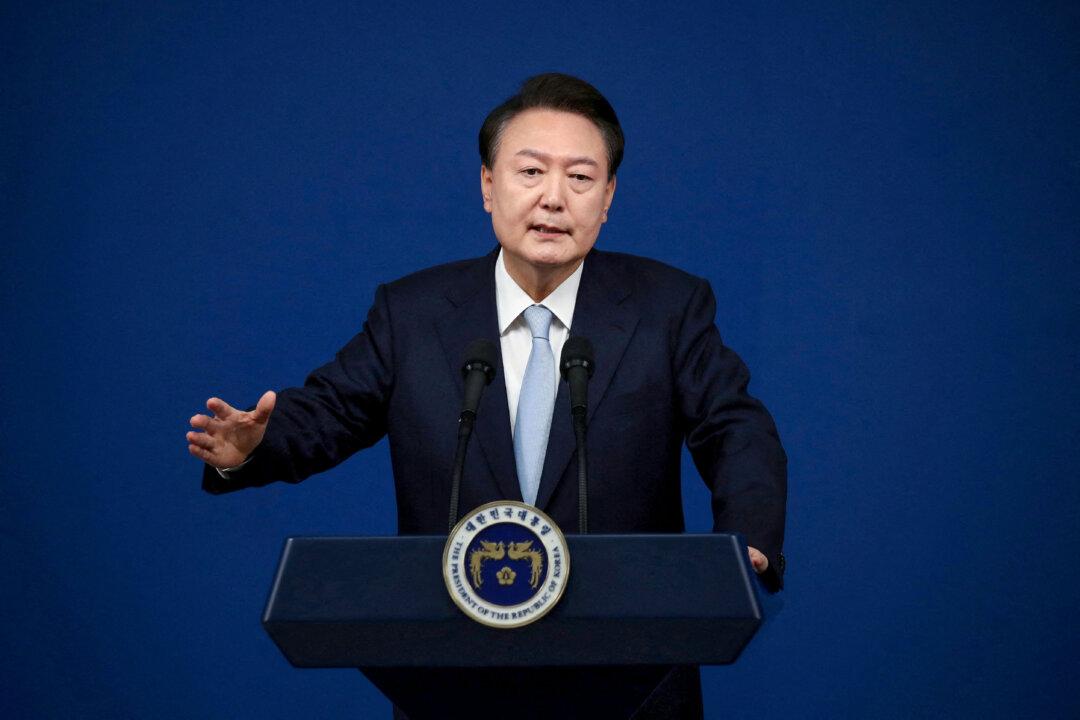South Korean President Yoon Suk Yeol has named Choi Byung-hyuk, the country’s ambassador to Saudi Arabia and a former army general, as his new defense minister after a declaration of martial law.
Yoon accepted the resignation of Kim Yong-hyun, the outgoing defense minister. Kim resigned after reports claimed that he advised Yoon to declare martial law on Dec. 3.





